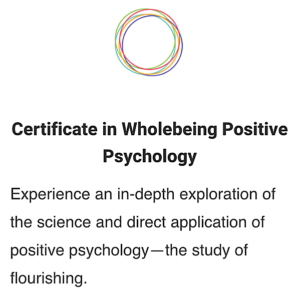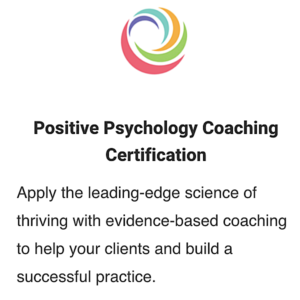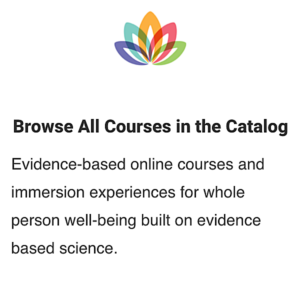by Denise Riebman
I used to love playing tennis. In fact, I was a state doubles champion in high school (albeit in the tiny state of Delaware). Then, 15 years ago, a cross-country skiing accident shattered my elbow into “tiny little pieces,” to quote my surgeon. I’m left-handed, and I now have eight screws and two plates in my left arm.
After the accident, I gave up all hope of competently playing tennis again. But on a whim this spring, I signed up for tennis lessons and found a coach who not only taught me how to play again but also restored my love of the game. I realized that what I was experiencing on the court was exactly what my career clients go through after their own “career injuries.”
During the span of our career lives, we get hurt—often more than once—and acquire our own “screws and plates.” We get fired. Fail to land an account. Forget to submit a grant proposal. Add the budget wrong. It happens to the best of us—to all of us. The injury can take us off the court for a long time, or we can figure out how to play with it.
Relax, Relax, Relax, Relax, Relax
Ten minutes into my first lesson, I stopped counting the number of times the coach said the word “relax.” As soon as we stepped on the court, he wanted us to be in the moment. And he knew that just saying it once wasn’t enough. Over and over again, as he tossed us balls, he would say, “Relax.” And, each lesson, this mantra sank deeper into my own psyche until I could feel my body release stress the second I stepped onto the court.
The brain is designed for survival, so, after a career injury, it wants to protect us from future injury. In immediate, intense situations—boss yelling, failed event, intense meeting—the “flight, fight, or freeze” response serves a purpose; for long-term career happiness, it can be paralyzing.
“Doing” and “Non-Doing” Relaxation
I brainstorm with my clients to find their version of “relax”: One meditates for five minutes daily before work, one dances to her favorite tunes before applying for jobs, and another took regular walks with her camera while unemployed. Sometimes relaxing means doing nothing: A study of rats learning a maze found that the group of rats who ran the maze fewer times, but relaxed in between, actually learned the maze faster than the group who ran it non-stop.
More than just catching our breath, relaxing gives our brain time to “catch its breath” and piece things together. In addition to “doing relaxation,” I encourage my clients to find “non-doing relaxation,” for it is in those moments of doing nothing that we often see something new.
Loose Screws and Strong Strokes
Accept your loose screws, and focus on your strong strokes. While my forehand shot will never be the same since those screws and plates became a permanent part of my left arm, watch out for my backhand shot! Whether you’ve had a major career injury or just have a few loose “job screws,” shifting your professional focus to your strong strokes will mean a major shift in your game.
A 2015 study showed that workers who use their characters strengths are 18 times more likely to flourish than those who don’t. Building strengths requires an ongoing, intentional process with practical action steps. It helps to find practice partners—supervisor, colleagues, friends—as research clearly points to that being the difference between half-hearted attempts and lasting change.
Ending on a High Note
“Match point!” my coach would call out on the last shot of each practice drill. But if we missed that match point, he would call out again, “Match point,” and again “Match point,” and again. Until we ended on a strong stroke and I believed in the strength of that stroke. My coach was practicing Daniel Kahneman’s Peak End Experience theory, based on the idea that, by ending a stressful experience on a peak moment, you are more likely to remember it through a positive lens, even if the negative time was longer than the peak.
If, during an interview, you feel like you’ve messed up, pause, regroup, and remember this theory in order to recover for the next question, so that you, and the interviewers, end on a strong note. Before leaving an awkward networking event, go back to that welcoming person at the registration desk and thank them for putting together this program, so you leave with a more positive feeling.
Whether it’s screws in our tennis arm or workplace “injuries,” relaxing, accepting, and believing can help us rediscover how to love what we do, on and off the court.
Denise Riebman is a career development specialist who applies a strength-based, positive psychology framework toward inspiring individuals to find career happiness. She is Director of Career Development and Alumni Services at George Washington University’s Trachtenberg School, and founder of CareerHappinessCoach.com. Denise holds a Certificate in Positive Psychology and additional certification from Global Career Development Facilitation, Presence-Based Coaching, and The Coaches Institute.






